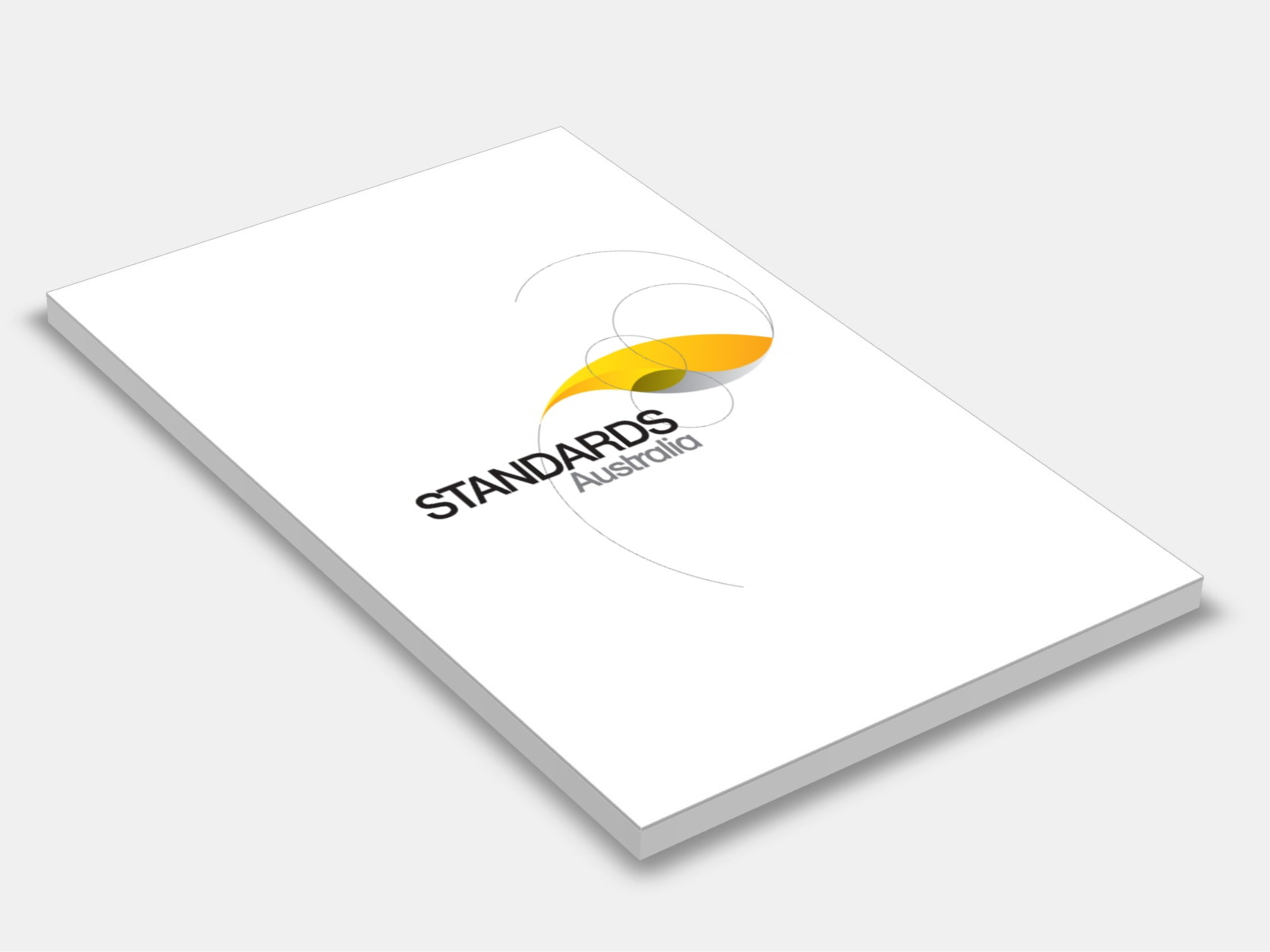
Type
Publisher
Standards Australia/Standards New Zealand
Publisher
Standards Australia/Standards New Zealand
Version:
First Edition 2019.
(Current)
Short Description
The objective of this Standard is to provide a method for determining the fire resistance for structural adequacy and insulation of sawn timber, timber in pole form, plywood, laminated veneer lumber (LVL), and glued-laminated structural timber elements as an alternative to the test method specified in AS 1530.4.

Type
Publisher
Standards Australia/Standards New Zealand
Publisher
Standards Australia/Standards New Zealand
Version:
Second Edition 2008.
(Current)
Short Description
AS/NZS 1546.1 specifies performance requirements and performance criteria for septic tanks, technical means of compliance and provides test specifications that enable septic tanks to be manufactured to comply with the performance requirements and performance criteria.
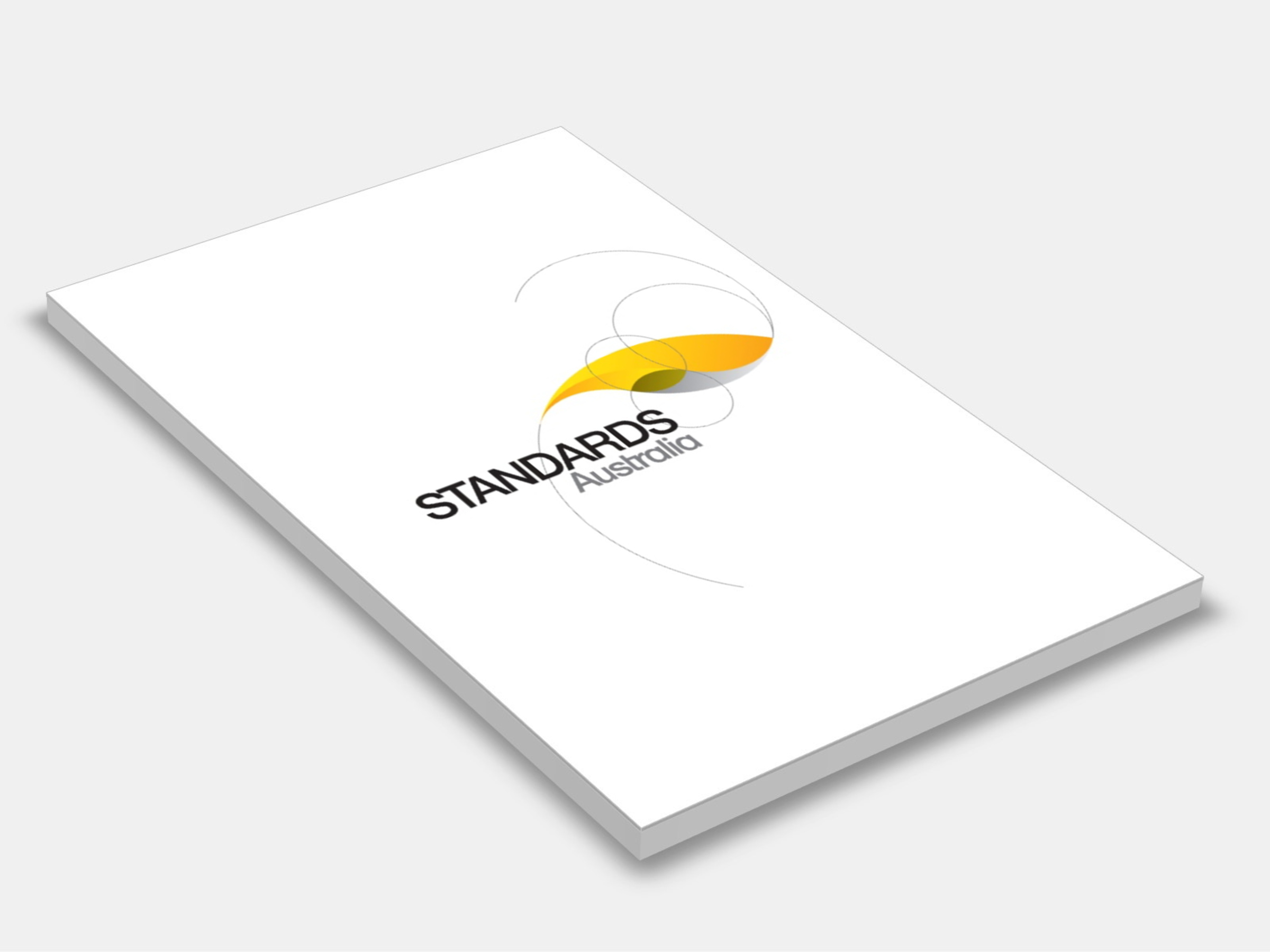
Type
Publisher
Standards Australia/Standards New Zealand
Publisher
Standards Australia/Standards New Zealand
Version:
First Edition 2004.
(Current)
Short Description
Sets out to classify membranes based on elastic properties, which can then be used to give guidance on the type of detailing for a specific membrane referred to in AS 3740.
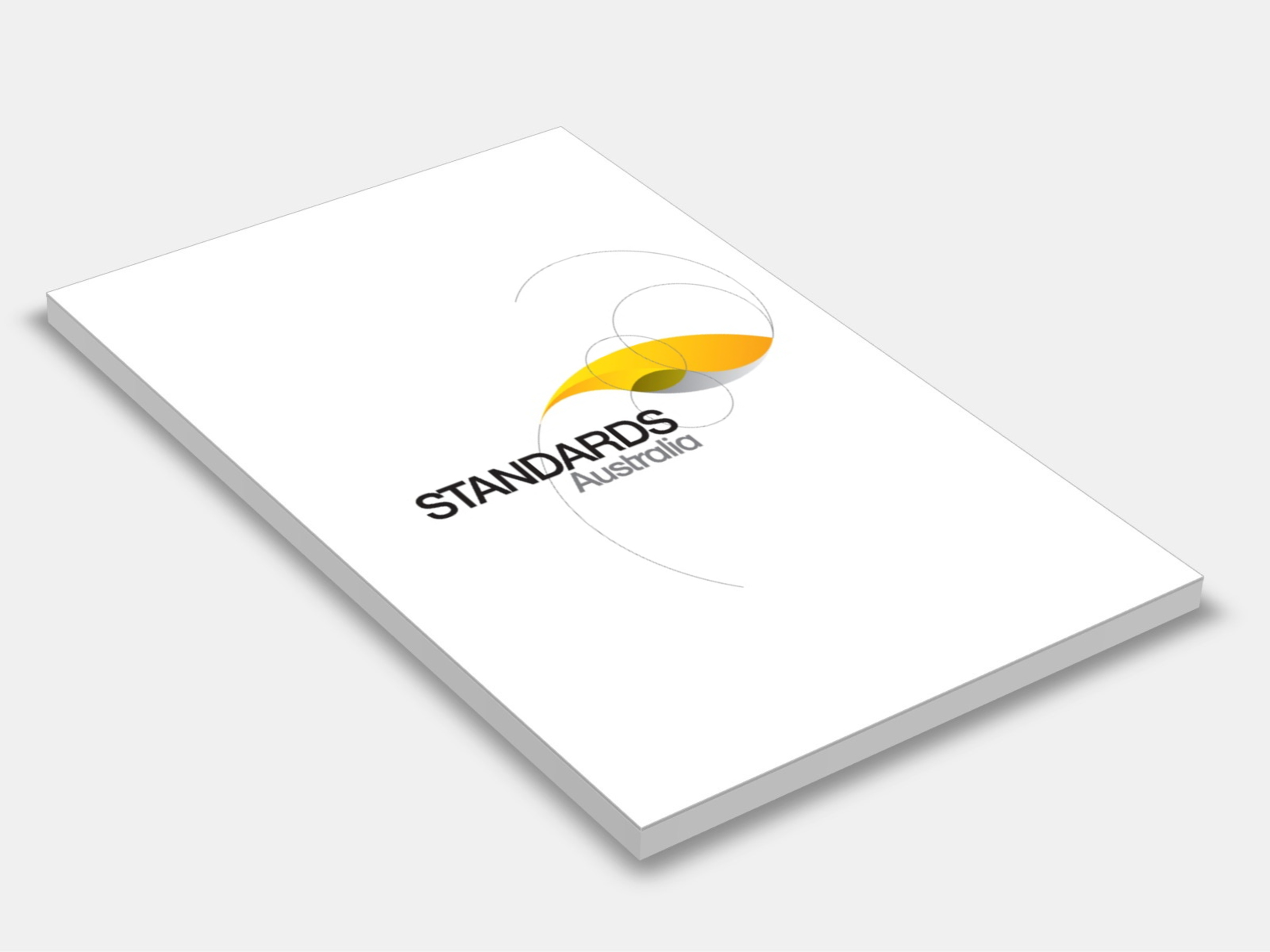
Type
Publisher
Standards Australia/Standards New Zealand
Publisher
Standards Australia/Standards New Zealand
Version:
Second Edition 2019.
(Current)
Short Description
Specify requirements and test methods for mounted spectacle lenses relative to the prescription order.
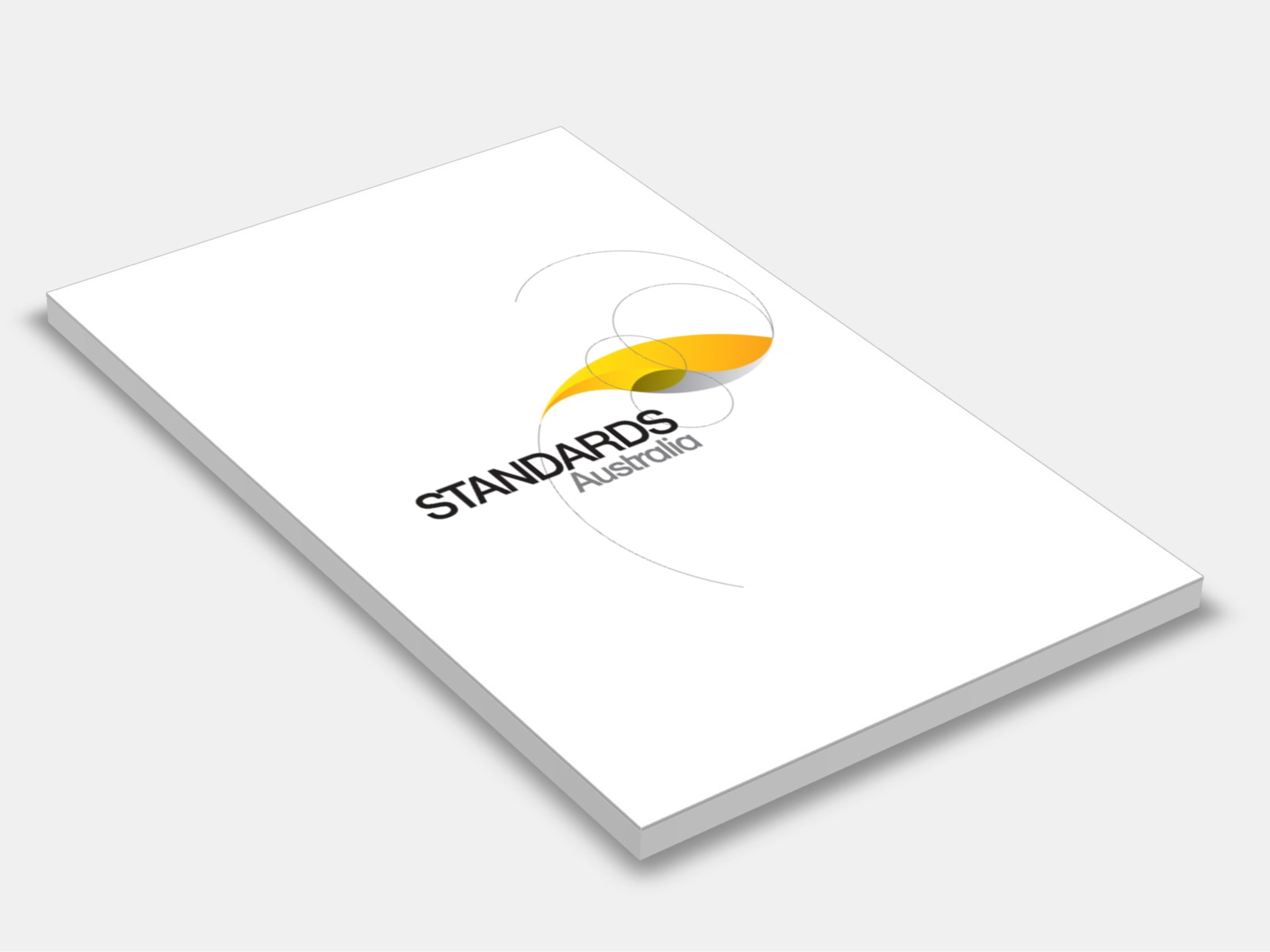
Type
Publisher
Standards Australia/Standards New Zealand
Publisher
Standards Australia/Standards New Zealand
Version:
Second Edition 2015.
(Current)
Short Description
Adopts ISO 8980-3:2013 to specify the requirements for the transmittance properties of uncut finished spectacle lenses.
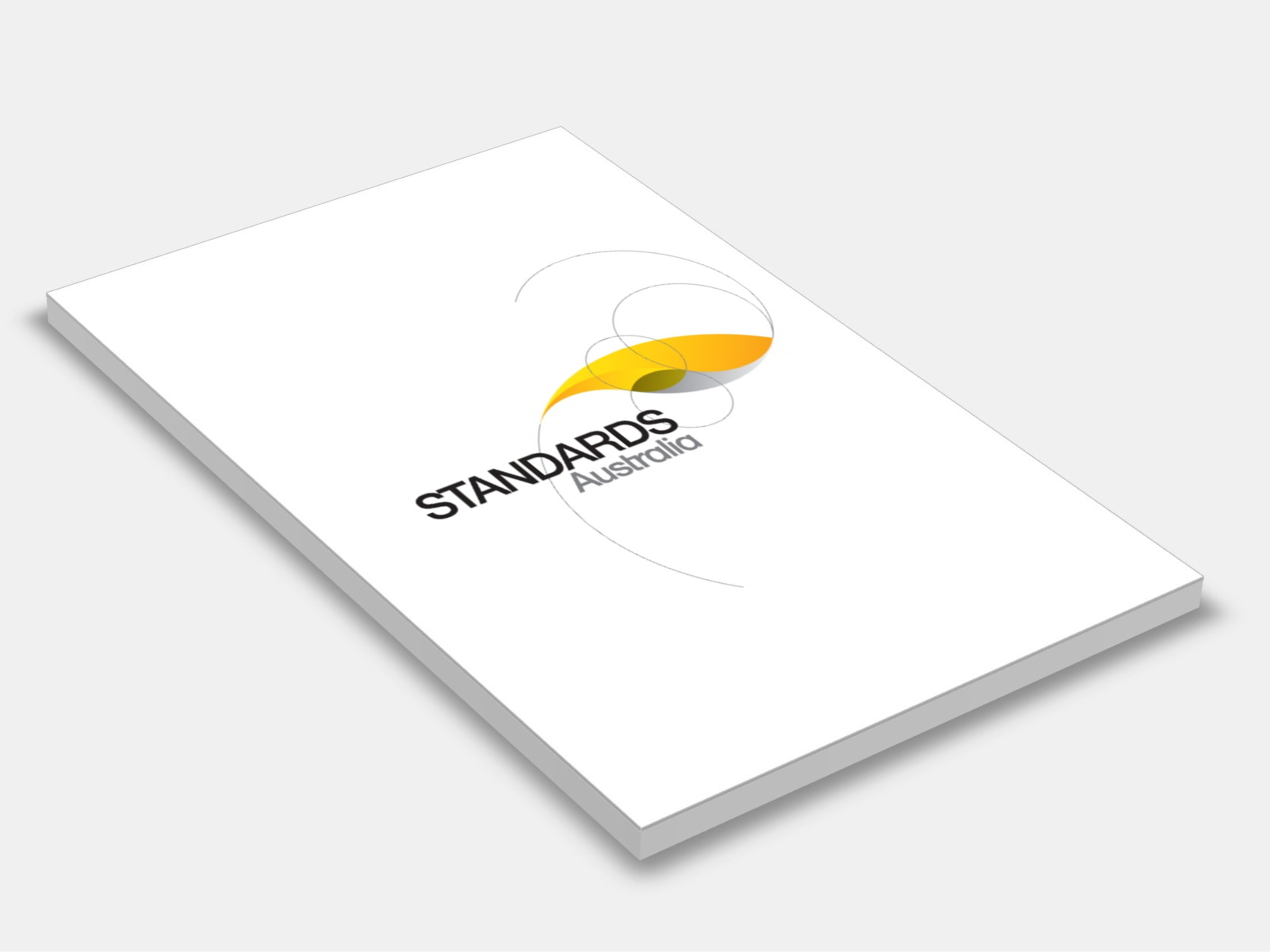
Type
Publisher
Standards Australia/Standards New Zealand
Publisher
Standards Australia/Standards New Zealand
Version:
Second Edition 2014.
(Current)
Short Description
This Standard sets out requirements and recommended practices for the protection of the eyes and faces of persons against hazards such as flying particles, dust, splashing materials and molten metals, harmful gases, vapours and aerosols, solar radiation and high-intensity radiation generated during operations such as welding and furnace work.
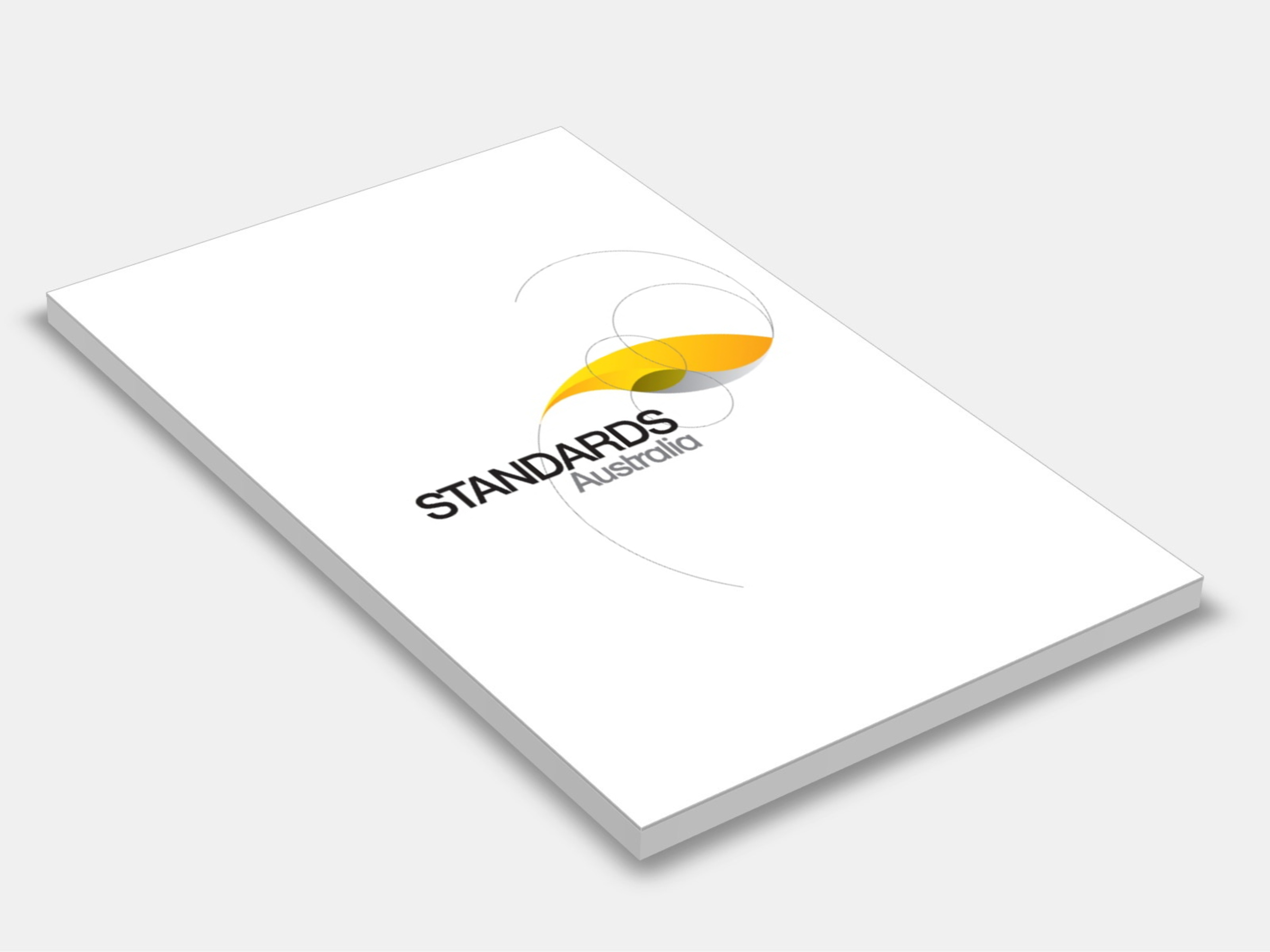
Type
Publisher
Standards Australia/Standards New Zealand
Publisher
Standards Australia/Standards New Zealand
Version:
First Edition 2006.
(Pending Revision)
Short Description
Provides general principles and recommendations for the lighting of building interiors to enhance the performance and comfort of those performing visual tasks; deals with illuminating essential task details, using both artificial light and daylight, while controlling or excluding factors that might cause visual discomfort.
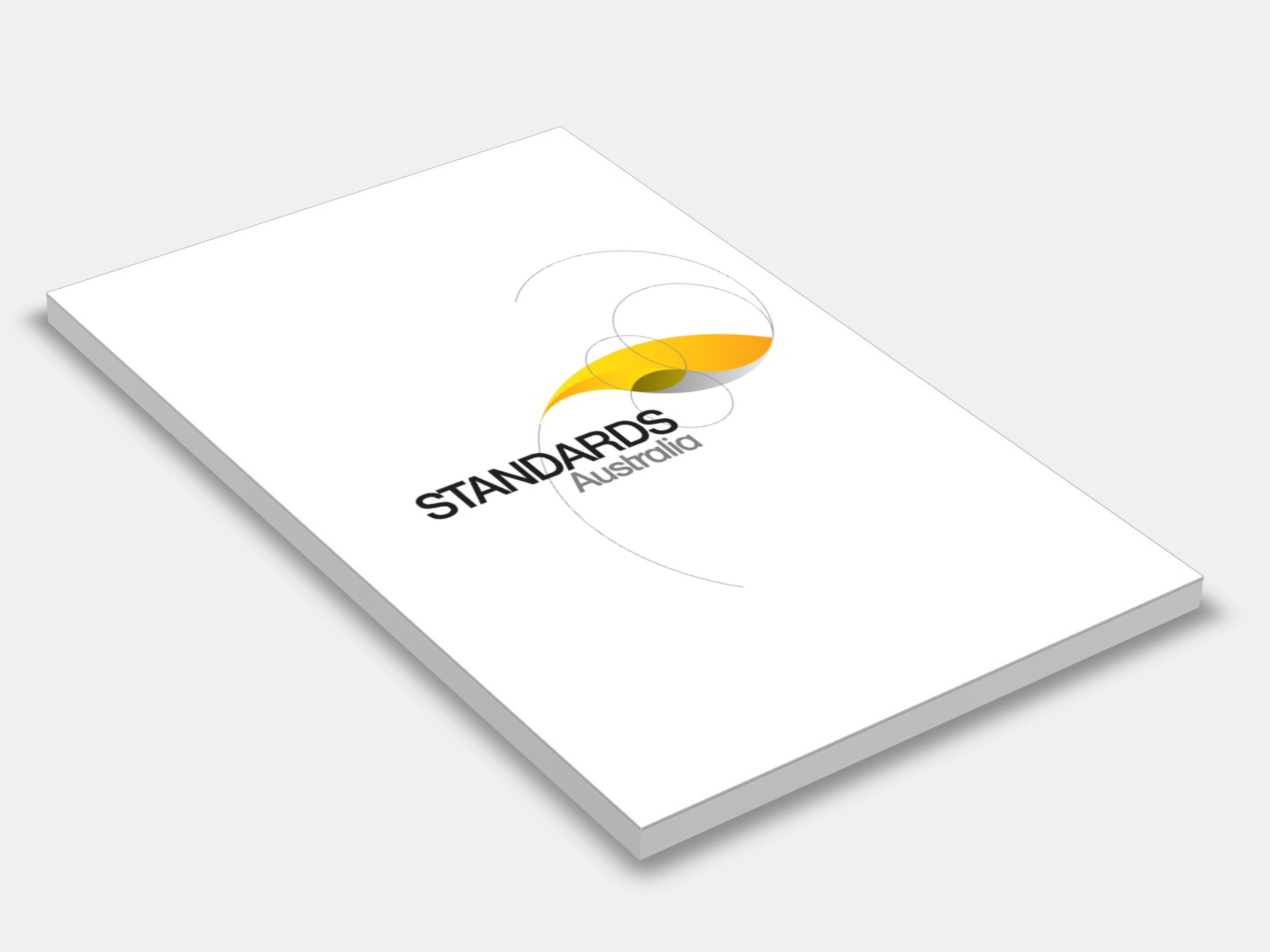
Type
Publisher
Standards Australia/Standards New Zealand
Publisher
Standards Australia/Standards New Zealand
Version:
First Edition 2008.
(Pending Revision)
Short Description
Sets out recommendations for the lighting of circulation spaces and other areas which commonly occur in buildings of various types; contains material that adds to or amends the recommendations in AS/NZS 1680.1:2006 and is intended to be read in conjunction with that Standard and with any applicable specific recommendations in other Standards in the AS/NZS 1680 series.
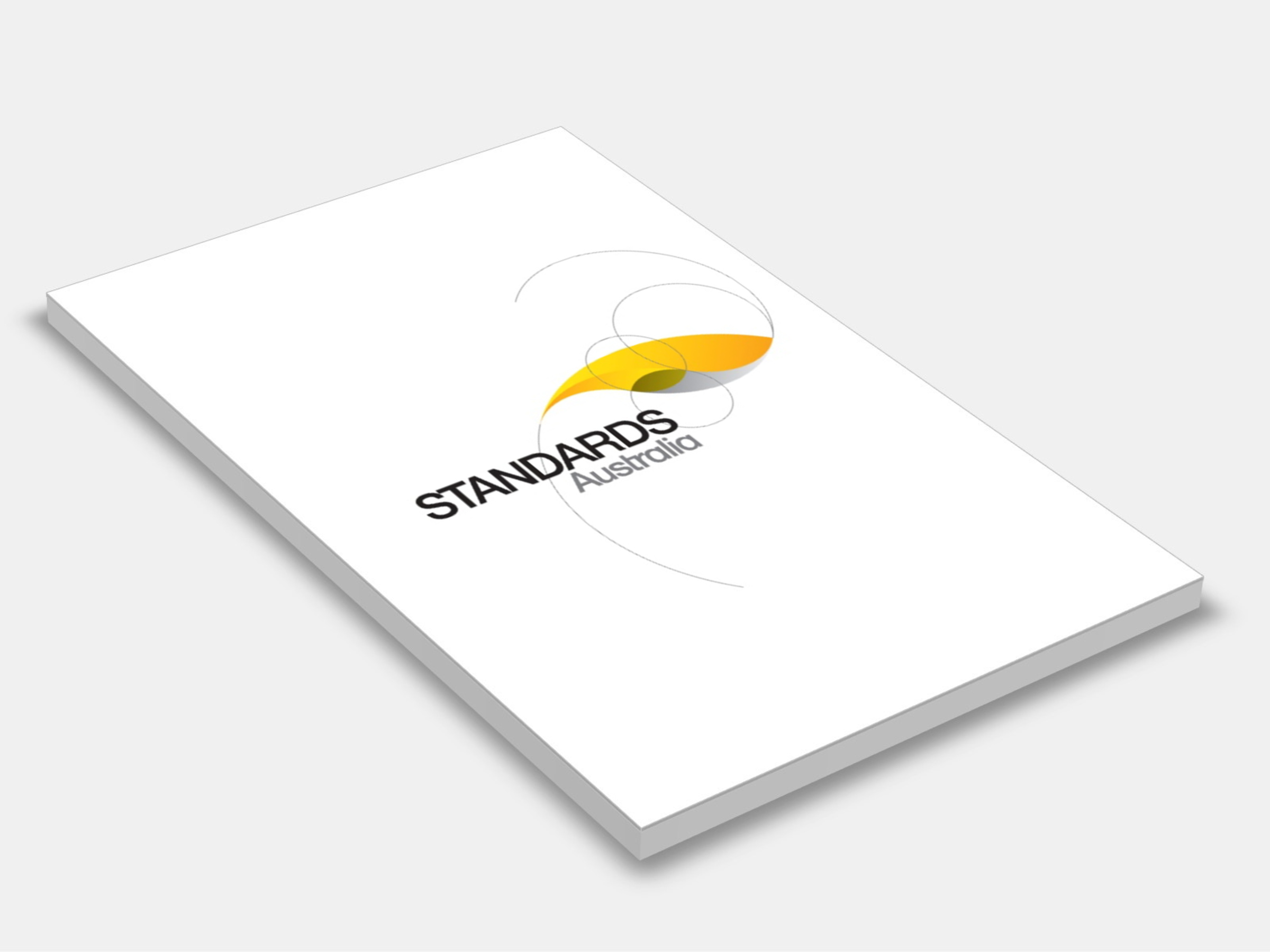
Type
Publisher
Standards Australia/Standards New Zealand
Publisher
Standards Australia/Standards New Zealand
Version:
First Edition 2008.
(Pending Revision)
Short Description
Sets out recommendations for the creation of good seeing conditions in educational and training facilities by means of appropriate lighting and interior colour treatment.
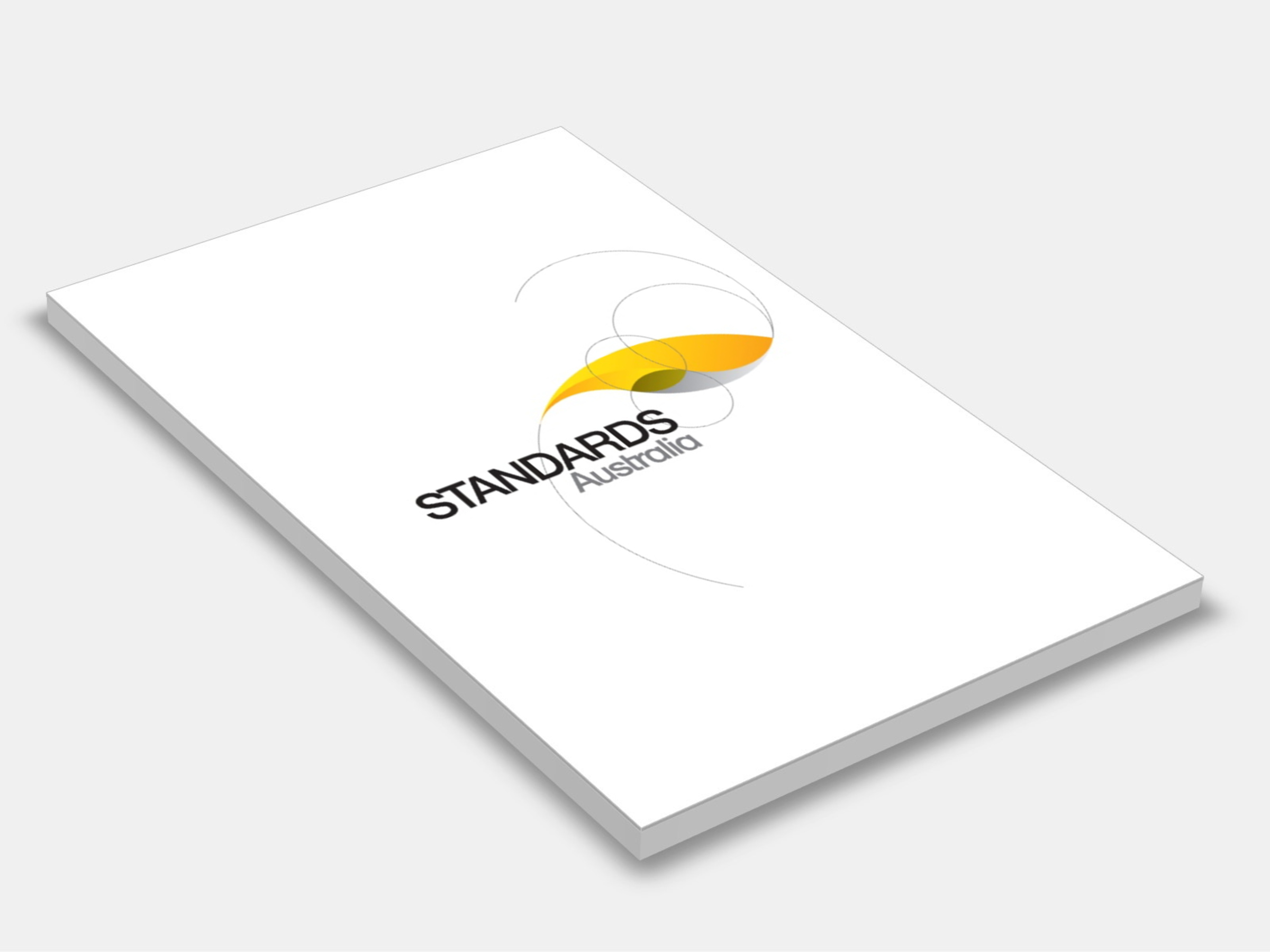
Type
Publisher
Standards Australia/Standards New Zealand
Publisher
Standards Australia/Standards New Zealand
Version:
First Edition 2008.
(Pending Revision)
Short Description
Sets out recommendations for the lighting of offices and similar tasks, including screen-based tasks. While the tasks may be commonly performed in interiors called offices’, they may also be performed in other interiors; for example, reading, writing and screen-based tasks frequently occur in most types of interior workplaces.